Home>Renovation & DIY>Home Renovation Guides>What Home Improvements Require A Permit In Florida?
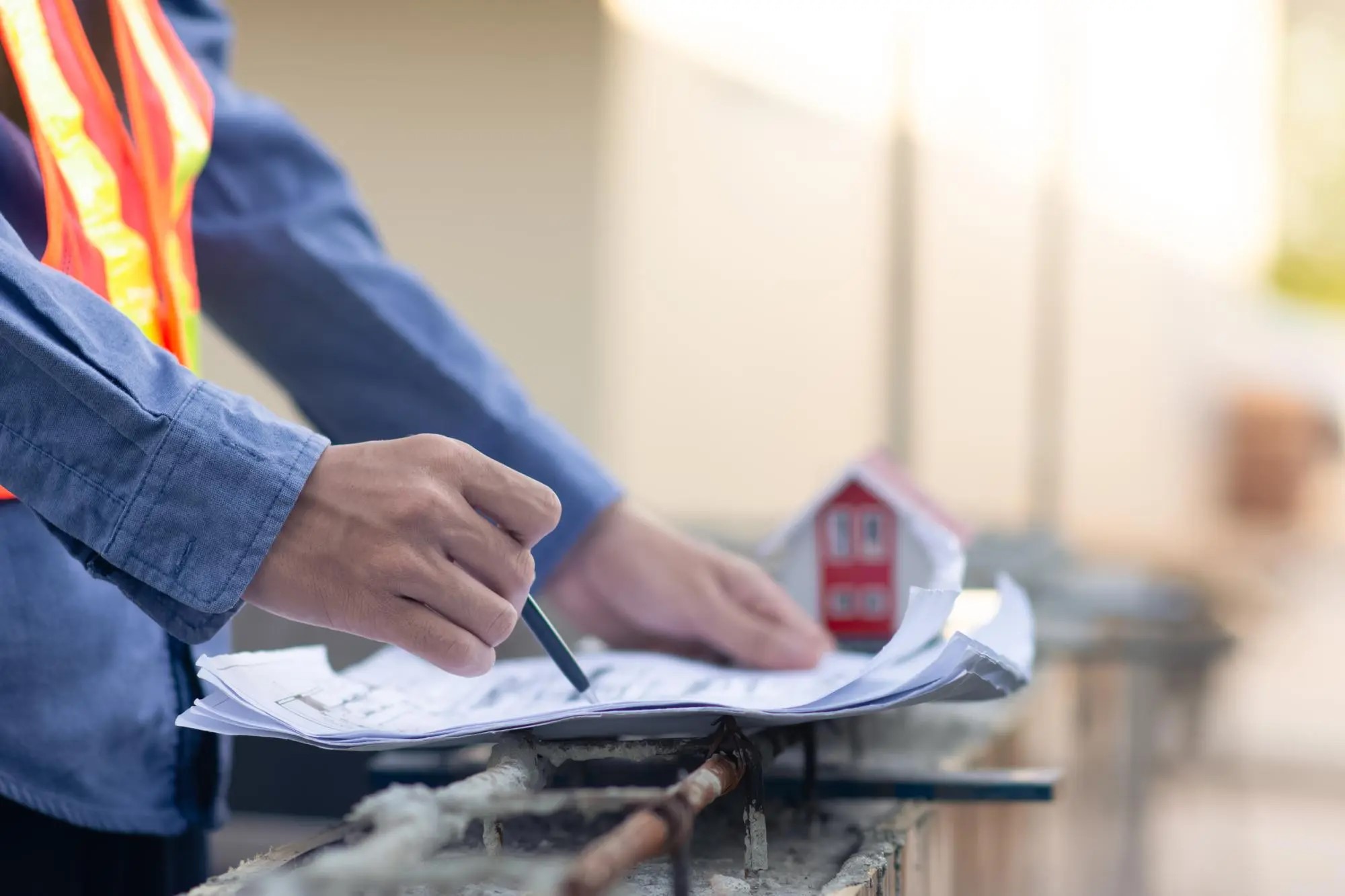

Home Renovation Guides
What Home Improvements Require A Permit In Florida?
Modified: January 4, 2024
Discover which home improvements in Florida require a permit with our comprehensive guide. Ensure your renovation project follows the necessary regulations. Explore now!
(Many of the links in this article redirect to a specific reviewed product. Your purchase of these products through affiliate links helps to generate commission for Storables.com, at no extra cost. Learn more)
Introduction
Read more: What Home Improvements Require A Permit?
Understanding the Importance of Building Permits for Home Renovation in Florida
Embarking on a home improvement project is often an exciting endeavor, whether it involves revamping the kitchen, adding a new room, or enhancing the outdoor living space. However, before diving into these projects headfirst, it's crucial to understand the role of building permits in the state of Florida. Building permits are official documents issued by local government authorities that grant legal permission to commence construction or renovation on a property. These permits are essential for ensuring that the projects comply with safety codes, zoning regulations, and other crucial standards.
In Florida, the process of obtaining building permits for home improvement projects is governed by specific rules and regulations. Understanding the permit requirements and the types of projects that necessitate permits is vital for homeowners and contractors alike. Failure to secure the necessary permits can lead to costly repercussions, including fines, project delays, and even the need to dismantle completed work.
As we delve into the intricacies of building permits for home improvement projects in Florida, it's important to recognize that adhering to these regulations not only ensures legal compliance but also contributes to the safety and structural integrity of the property. Let's explore the various aspects of building permits, the specific home improvement projects that require them, common misconceptions surrounding permits, and the process of obtaining permits in the Sunshine State. Understanding these elements will empower homeowners and contractors to make informed decisions and navigate the home renovation process with confidence and compliance.
Key Takeaways:
- Building permits are crucial for home renovations in Florida, ensuring safety and legal compliance for projects like structural modifications, electrical work, plumbing, roofing, HVAC installations, and additions.
- Common misconceptions about permits, such as minor projects not needing them, can lead to costly repercussions. Understanding the permit process and debunking myths is essential for homeowners and contractors in Florida.
Understanding Building Permits
Building permits serve as a safeguard to ensure that home improvement projects in Florida adhere to safety standards, zoning regulations, and construction codes. These regulations are in place to protect the structural integrity of properties and the well-being of occupants. When homeowners or contractors intend to undertake significant renovations or construction work, securing the appropriate building permits is imperative.
Building permits are typically required for projects that involve alterations to the property’s structure, electrical system, plumbing, or mechanical components. This encompasses a broad spectrum of home improvement endeavors, including but not limited to:
- Adding or removing walls
- Installing or altering electrical wiring
- Modifying plumbing systems
- Constructing or demolishing a building or structure
- Altering the roofline or load-bearing elements
By obtaining building permits, homeowners and contractors are not only complying with legal requirements but also ensuring that the projects are executed in accordance with industry standards. This oversight helps to mitigate potential hazards and safeguards the long-term value of the property.
Furthermore, building permits provide a mechanism for local authorities to review and approve the proposed construction or renovations. This review process involves assessing the project plans to verify compliance with building codes, zoning ordinances, and other pertinent regulations. It also enables inspectors to conduct site visits at various stages of the project to verify that the work aligns with the approved plans and meets safety standards.
Understanding the significance of building permits in the context of home improvement projects is paramount. It underscores the need for adherence to established regulations and standards, ensuring that renovations and construction work in Florida are executed responsibly and with due consideration for safety and structural integrity.
Home Improvement Projects Requiring Permits
Various home improvement projects in Florida necessitate obtaining building permits to ensure compliance with safety and construction standards. Understanding which projects require permits is essential for homeowners and contractors planning renovations or construction work. The following are common home improvement endeavors that typically require permits in Florida:
- Structural Modifications: Any alterations to the property’s structural elements, such as adding or removing walls, expanding doorways or windows, or modifying load-bearing components, typically require building permits. These modifications impact the property’s integrity and must adhere to established construction codes.
- Electrical Work: Installing, modifying, or repairing electrical systems, including wiring, outlets, and fixtures, mandates obtaining electrical permits. This ensures that the work complies with electrical codes and safety standards, reducing the risk of electrical hazards.
- Plumbing Projects: Renovations involving plumbing systems, such as installing new pipes, relocating fixtures, or upgrading water heaters, require plumbing permits. Compliance with plumbing codes is crucial to prevent water damage and ensure proper functionality.
- Roofing and Siding: Replacing or repairing the roof or siding of a property typically necessitates permits to ensure compliance with building codes and standards for weather resistance and structural integrity.
- HVAC Installations: Installing, replacing, or modifying heating, ventilation, and air conditioning (HVAC) systems requires permits to verify compliance with mechanical codes and safety regulations.
- Additions and Expansions: Building new structures, adding rooms, or expanding existing spaces, such as constructing a new garage, patio, or deck, generally require building permits to ensure adherence to zoning regulations and structural requirements.
These examples underscore the diverse range of home improvement projects that necessitate building permits in Florida. By obtaining the required permits for such endeavors, homeowners and contractors demonstrate a commitment to legal compliance, safety, and the structural integrity of the property. It is essential to consult local building authorities or permit offices to ascertain the specific permit requirements for individual projects and to ensure full compliance with state and local regulations.
Common Misconceptions About Permits
Amid the realm of home improvement projects, several misconceptions surrounding building permits often lead to confusion and misunderstandings. Addressing these misconceptions is crucial for homeowners and contractors to navigate the permit process with clarity and compliance. Let’s debunk some common myths:
- Minor Projects Don’t Require Permits: One prevalent misconception is that only major renovations or constructions necessitate building permits. In reality, even seemingly minor projects, such as replacing water heaters, installing new windows, or upgrading electrical fixtures, may require permits, as they impact structural, electrical, or plumbing systems.
- Permits Are Unnecessary for DIY Projects: Another misconception is that do-it-yourself (DIY) projects are exempt from permit requirements. Regardless of whether the work is performed by homeowners or hired contractors, if it involves structural modifications, electrical or plumbing work, or other regulated activities, permits are typically mandatory.
- Permits Are a Hassle and Delay Projects: Some individuals perceive the permit acquisition process as burdensome and project-delaying. While obtaining permits involves procedural steps and review timelines, viewing them as hindrances overlooks their role in ensuring safety, legal compliance, and the protection of property value.
- Permits Are Only for New Constructions: Contrary to popular belief, building permits are not exclusive to new construction projects. Renovations, additions, alterations, and repairs often necessitate permits to verify compliance with building codes and standards, irrespective of whether they involve existing structures.
- Skipping Permits Saves Money: There is a misconception that bypassing the permit process can save costs associated with fees and inspections. However, the potential repercussions, such as fines, rectification expenses, and compromised property value, far outweigh any perceived savings from evading permit requirements.
Dispelling these misconceptions underscores the importance of understanding the role and necessity of building permits in home improvement projects. By acknowledging the significance of permits and debunking prevalent myths, homeowners and contractors can approach renovations and construction work in Florida with a clear understanding of the permit requirements and their implications.
Always check with your local building department before starting any home improvement project to see if a permit is required. This can save you time and money in the long run.
How to Obtain a Permit in Florida
Securing building permits for home improvement projects in Florida involves navigating a structured process to ensure legal compliance and adherence to safety standards. The following steps outline the typical procedure for obtaining permits in the Sunshine State:
- Evaluate Permit Requirements: Begin by identifying the specific permit requirements for the intended home improvement project. Contact the local building department or permit office to ascertain the necessary permits, associated documentation, and any pre-application procedures.
- Prepare Project Documentation: Compile comprehensive documentation for the project, including architectural plans, engineering drawings, site surveys, and any other pertinent details. These documents are crucial for the permit application and review process, providing authorities with a clear understanding of the proposed work.
- Submit Permit Application: Complete the permit application form, ensuring all required information is accurately provided. Submit the application along with the project documentation to the relevant building department or permit office. Application forms are typically available online or at the local permitting office.
- Pay Permit Fees: Upon submitting the permit application, applicable fees must be paid. These fees cover the cost of permit issuance, plan review, and inspections. The fee structure varies based on the scope and value of the project.
- Review and Approval Process: Once the application and documentation are submitted, the building department initiates the review process. This involves assessing the project plans for compliance with building codes, zoning regulations, and other relevant standards. The review timeline varies based on the complexity of the project and the workload of the permitting office.
- Inspections and Compliance: Upon approval of the permit, the project progresses to the construction phase. Throughout this stage, scheduled inspections are conducted to verify that the work aligns with the approved plans and complies with safety standards. These inspections typically encompass various project milestones, such as foundation, framing, electrical, plumbing, and final inspections.
- Permit Display and Completion: Once the permit is issued, it must be prominently displayed at the project site. This facilitates easy identification and verification by inspectors. Upon the completion of the project and satisfactory compliance with all permit conditions, a final inspection is conducted, and the permit is officially closed.
By following these steps and engaging with the local building department or permit office, homeowners and contractors can navigate the permit acquisition process effectively. Understanding the procedural requirements and adhering to the established guidelines fosters a smooth and compliant progression of home improvement projects in Florida.
Conclusion
Embarking on home improvement projects in Florida entails a comprehensive understanding of building permits and their pivotal role in ensuring legal compliance, safety, and structural integrity. By recognizing the necessity of building permits and familiarizing oneself with the permit acquisition process, homeowners and contractors can navigate the realm of renovations and construction work with confidence and adherence to regulatory standards.
Understanding the diverse range of home improvement projects that require permits, such as structural modifications, electrical work, plumbing projects, roofing and siding endeavors, HVAC installations, and additions or expansions, underscores the significance of obtaining the necessary permits. This proactive approach not only aligns with legal requirements but also contributes to the long-term value and safety of the property.
Dispelling common misconceptions about building permits, such as the notion that minor projects are exempt from permit requirements or that permits are solely for new constructions, fosters clarity and informed decision-making. By debunking these myths, homeowners and contractors can approach the permit process with a clear understanding of its implications and benefits.
The process of obtaining building permits in Florida involves a structured sequence of steps, from evaluating permit requirements and submitting comprehensive project documentation to engaging in the review process, inspections, and permit closure. By following these steps and engaging with local building authorities, homeowners and contractors can ensure a compliant and seamless progression of their home improvement projects.
In essence, building permits serve as a cornerstone of responsible and regulated construction and renovation practices in Florida. By embracing the permit process and recognizing its inherent value, individuals can embark on home improvement endeavors with the assurance of legal compliance, safety, and the preservation of property integrity. Navigating the permit landscape with knowledge and diligence empowers homeowners and contractors to embark on transformative projects while upholding the highest standards of quality and safety.
Frequently Asked Questions about What Home Improvements Require A Permit In Florida?
Was this page helpful?
At Storables.com, we guarantee accurate and reliable information. Our content, validated by Expert Board Contributors, is crafted following stringent Editorial Policies. We're committed to providing you with well-researched, expert-backed insights for all your informational needs.
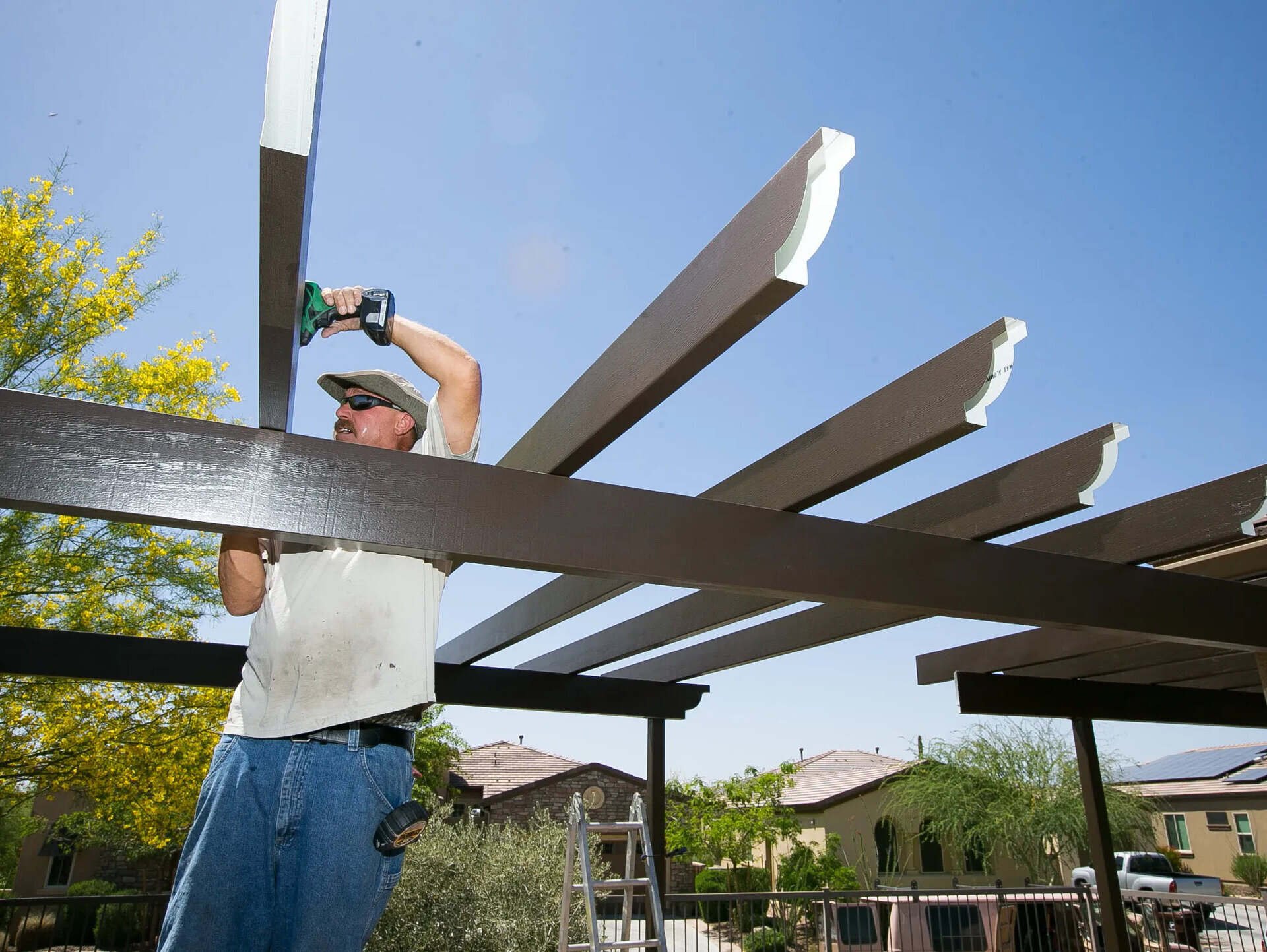

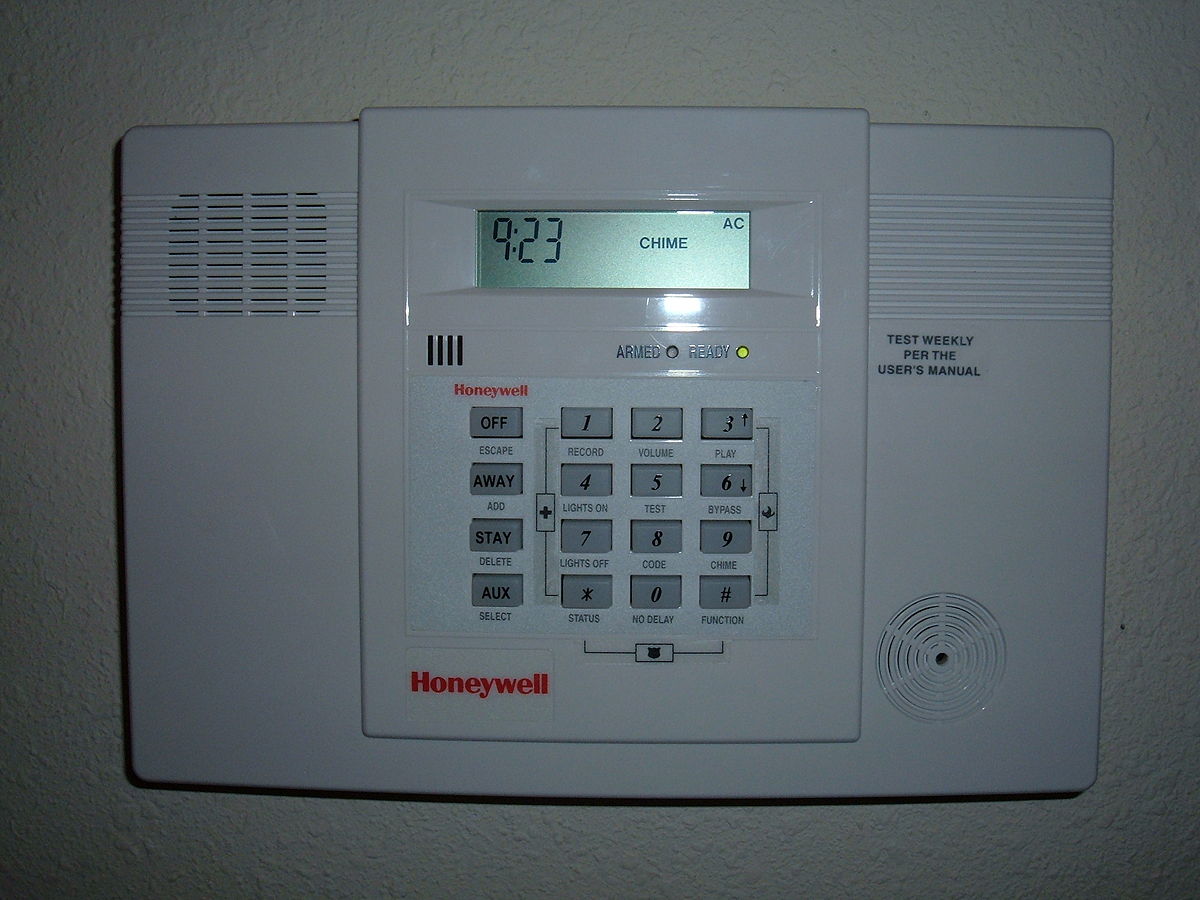


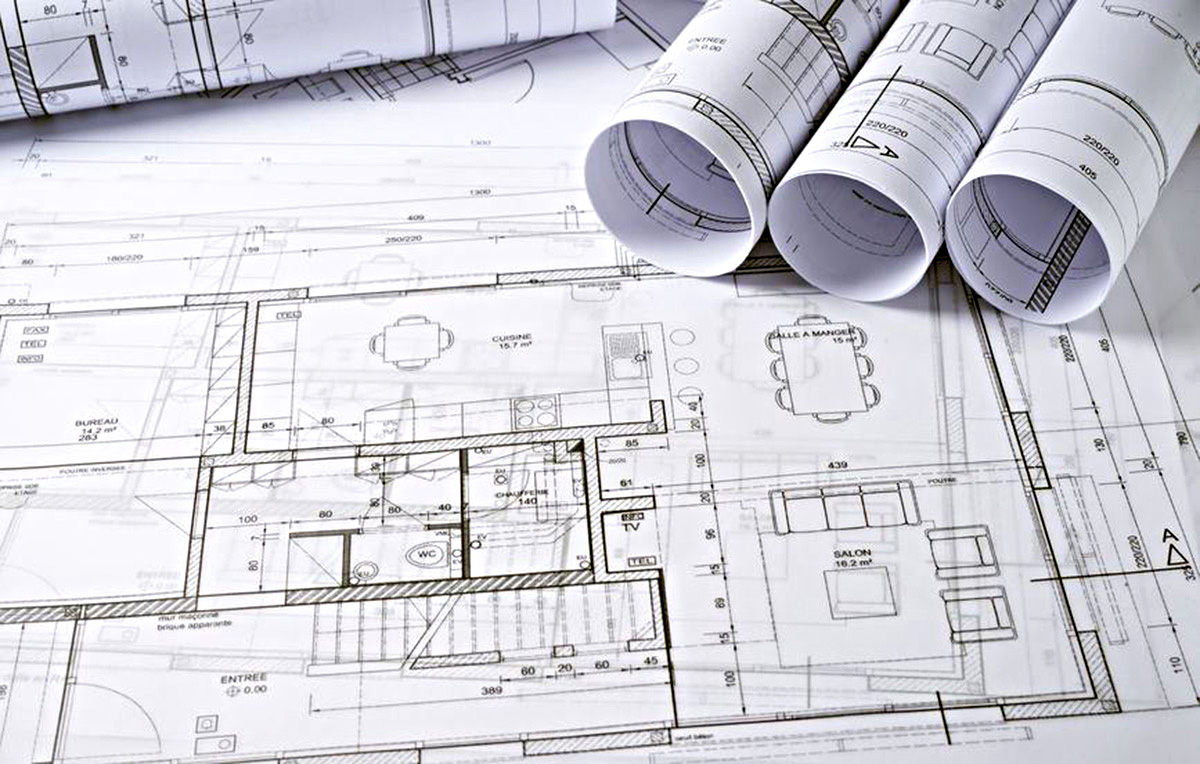


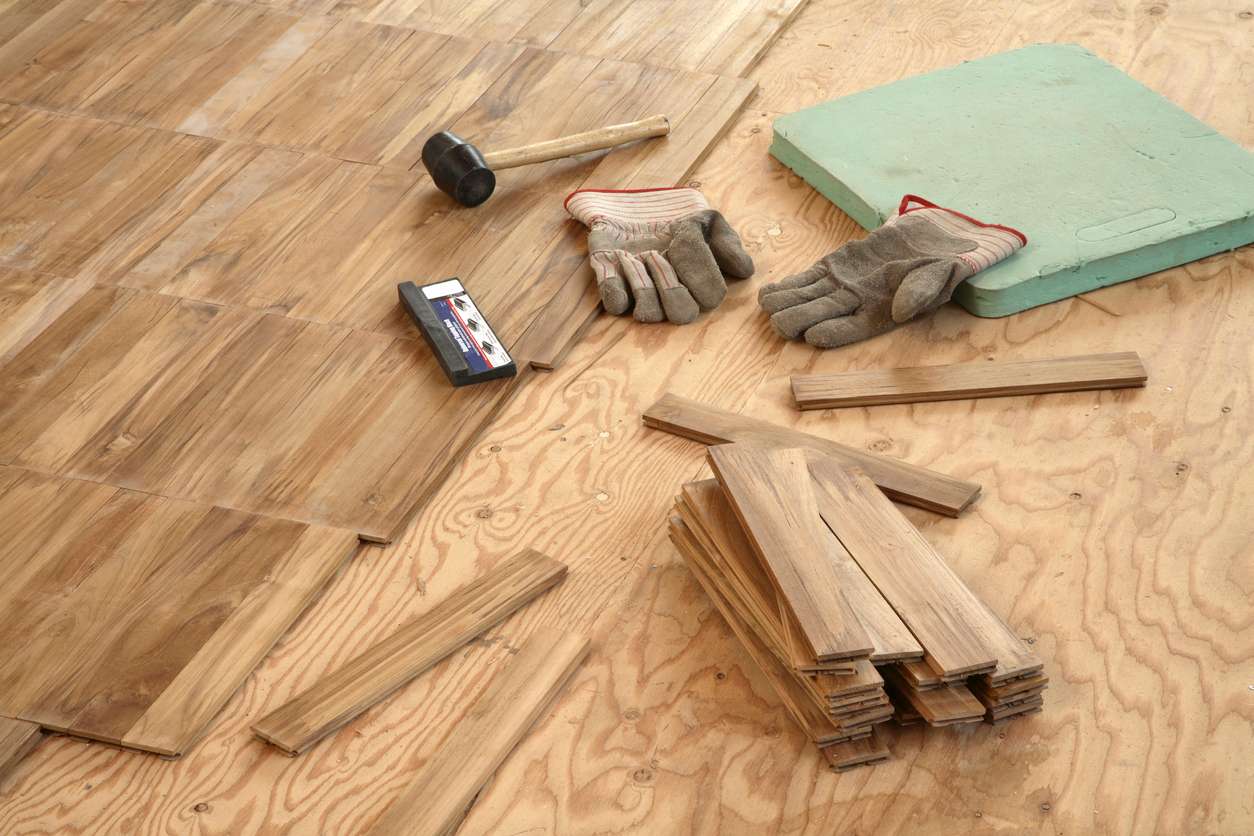


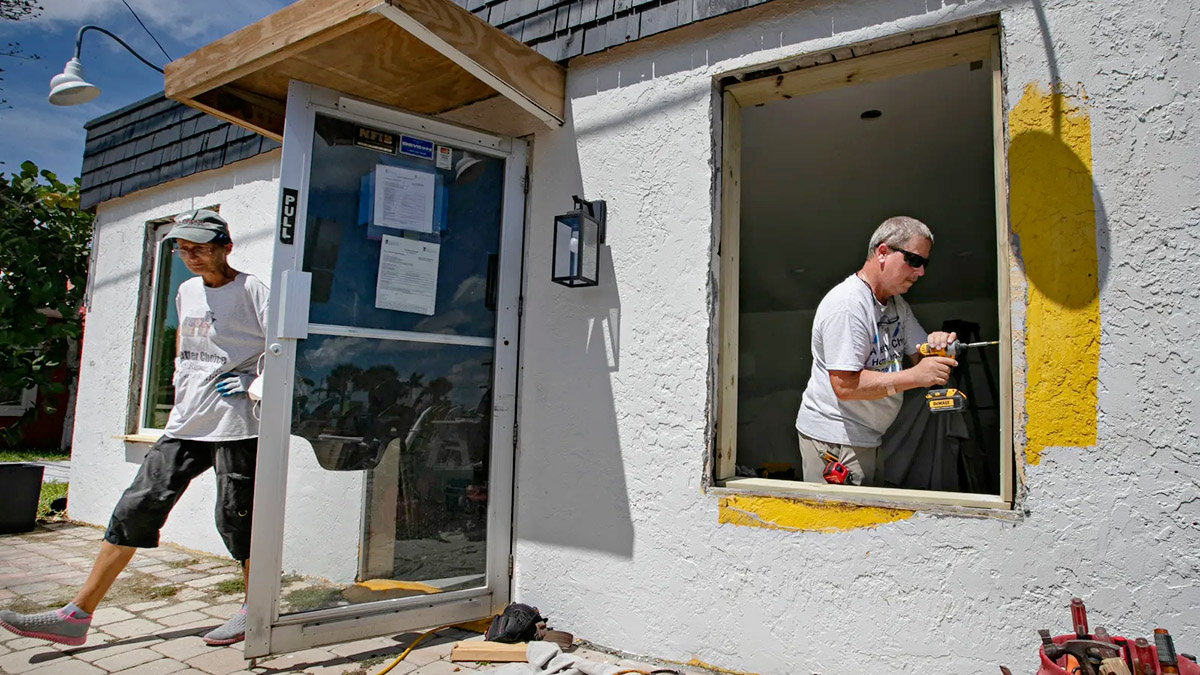

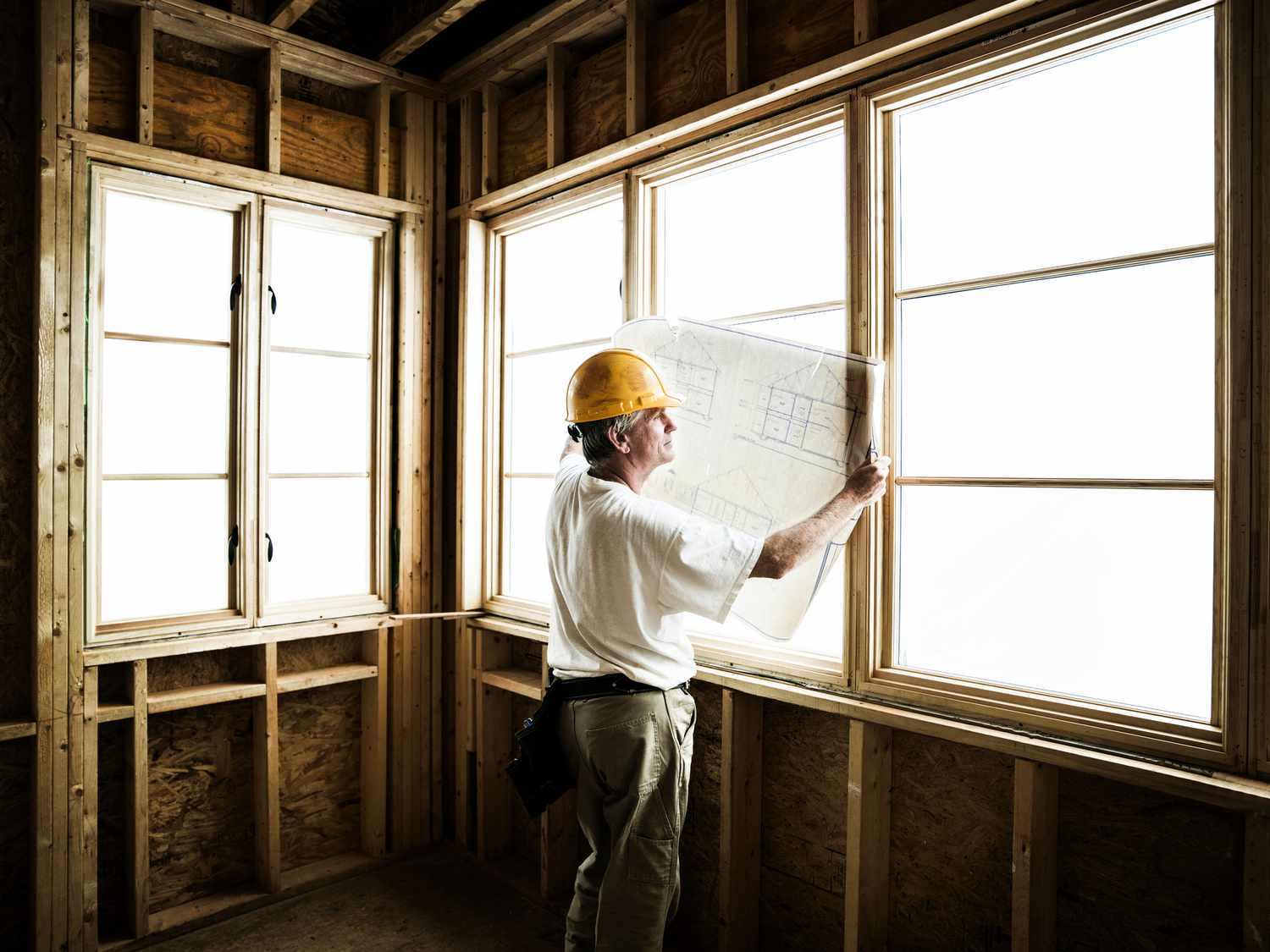

0 thoughts on “What Home Improvements Require A Permit In Florida?”